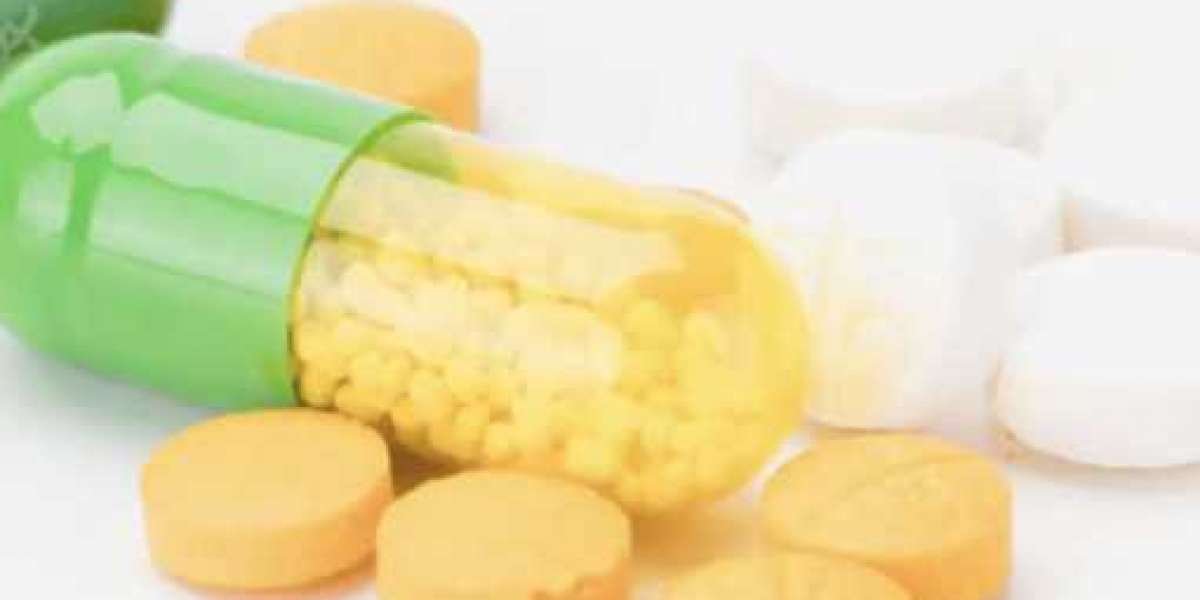While its name may catch some people's attention, spermidine, a natural polyamine, has significant health and longevity benefits.
We all know that a healthy diet and regular exercise are the keys to living as long and healthy a life as possible. The rise of the longevity supplement market offers new options for supplementing diet and lifestyle changes. Which brings us to spermidine, a suspiciously named polyamine originally found in semen. With claims of health benefits, longevity and even fertility, we delve into the polyamines that have come to dominate the supplement world. Our qA covers frequently asked questions such as what spermidine is, what it is used for, how to boost spermidine levels and finally, what are the health and longevity benefits of spermidine?
Spermidine is a polyamine that occurs naturally in cells and certain whole foods. It is also available in supplementary form. Spermidine, which is fast becoming a big name in the supplement world, will be the longevity supplement of 2022, predicts longevity expert Dr David Sinclair. Taken regularly, supplements can have a major impact on health and longevity. By mimicking the effects of caloric restriction on cells in the body, it induces autophagy, a process of cell renewal that is thought to have anti-aging benefits. As we age, our spermidine levels, as well as our rate of autophagy, decline, making cells more vulnerable to the markers of aging. Maintaining our spermidine levels as we age by eating foods rich in spermidine or taking supplements should be a priority for protecting future longevity.
Where can spermidine be found?
Spermidine is present in all eukaryotic cells and plays an indispensable role in cell metabolism. In some bacteria it is an essential growth factor and a polycation at physiological pH. Although spermidine is found in whole foods, it can also be taken in supplement form - the most effective way to maintain spermidine levels.
What does inferior fine amine content have high food?
Vegetables - Eating five slices a day can provide an added benefit because spermidine is found in rich whole foods like fresh green peppers, broccoli, broccoli, and mushrooms. Some of these ingredients are particularly common in the longevity-friendly Mediterranean diet, and may go some way to explaining its unparalleled health benefits.
All kinds of cheese
Wheat germ - Healthy Food Wheat germ also contains high concentrations of spermidine, a common ingredient in nutritional and longevity supplements.
Soy products - Higher levels are found in soy products commonly found in the Japanese diet, such as natto, shiitake mushrooms, amaranth grains and durian.



